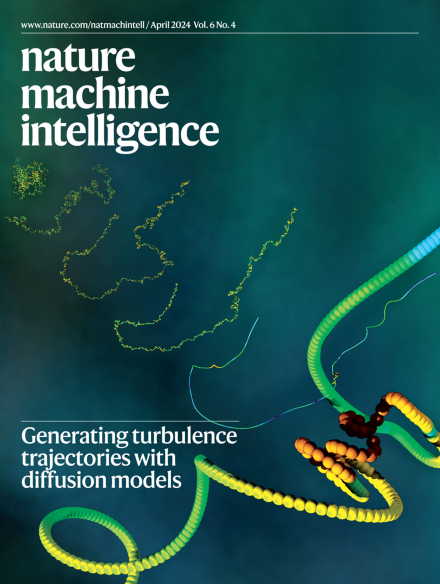
April issue now live
Li, T., Biferale, L., Bonaccorso, F. et al. Synthetic Lagrangian turbulence by generative diffusion models.

Li, T., Biferale, L., Bonaccorso, F. et al. Synthetic Lagrangian turbulence by generative diffusion models.


Tailoring the alignment of large language models (LLMs) to individuals is a new frontier in generative AI, but unbounded personalization can bring potential harm, such as large-scale profiling, privacy infringement and bias reinforcement. Kirk et al. develop a taxonomy for risks and benefits of personalized LLMs and discuss the need for normative decisions on what are acceptable bounds of personalization.